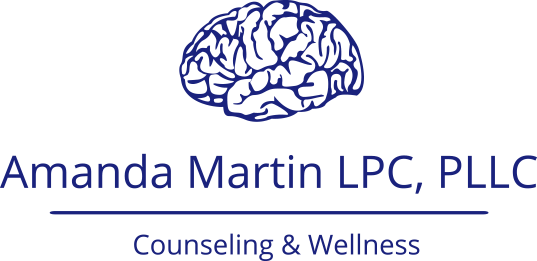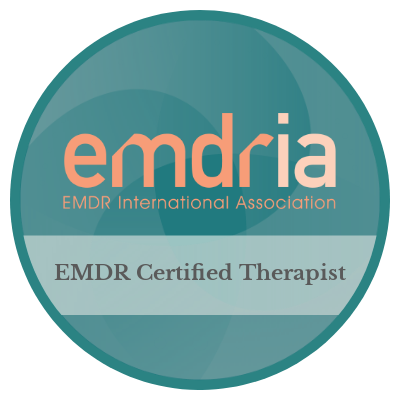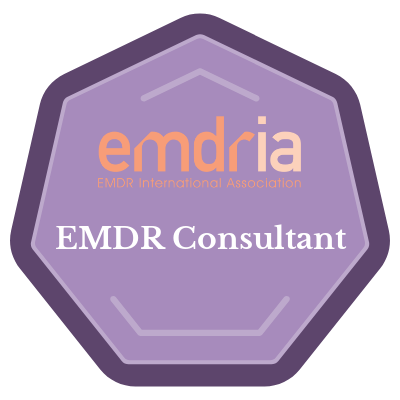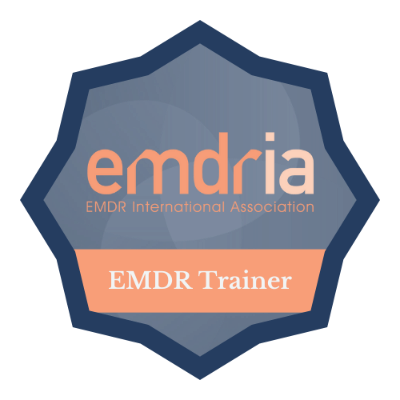Neurofeedback is a process that helps an individual learn how to change the physiological activity of the central nervous system and the brain for the purpose of improving health. Neurofeedback is a type of clinical intervention used to improve brain functioning that is contributing to unwanted symptoms. Neurofeedback is often used to treat common symptoms of anxiety, depression, insomnia, cognitive deficits, focus and concentration deficits, emotional dysregulation, headaches, pain, addiction, and other dysregulated mood issues. The focus of the training is to teach the brain to increase flexibility and self-regulation of relaxation and activation patterns.
Neurofeedback offers a way to improve overall brain functioning without the use of medication to help alleviate symptoms. It has shown promising results for the treatment of many disorders and longevity in maintaining progress after treatment has ended. Neurofeedback is safe to use with children through adults.
The office offers Z-score training neurofeedback that first starts with Quantitative electroencephalography (QEEG), commonly referred to as “brain mapping.” The QEEG provides a visual of current brain wave functions that paired with a clinical interview helps develop a treatment plan that focuses on training regulating the brain wave functions associated with the symptoms being experienced.
Neurofeedback involves wearing a cap with several electrodes/sensors being placed on your scalp and ear lobes to detect brain wave activity. Your brainwaves are measured and displayed on the computer screen and through instruction, you can learn to train down or train up certain brainwaves associated with your identified symptoms.
The length of treatment can vary, but most effective neurofeedback typically takes 30-40 training sessions. Some conditions may take longer. Follow-up QEEGs is completed after every 10 neurofeedback training sessions to assess changes in symptoms and brain wave function.
Lifestyle habits are important as well including diet, sleep habits, and regular self-care to manage daily stress. Neurofeedback is considered generally to be safe and non-intrusive. This service is only offered in person at all three locations.
Neurofeedback has been used for treating a variety of symptoms and has been found effective in treating the following conditions:
- Anxiety
- Attention-Deficit/Hyperactivity Disorder
- Autism Spectrum Disorders
- Bipolar Disorder
- Chronic Pain
- Compulsive Behaviors
- Depression
- Insomnia
- Learning Disabilities
- Migraines and headaches
- Compulsive Behaviors
- Post-traumatic Stress Disorder
- Obsessive-Compulsive Disorder
- Traumatic Brain Injuries
1) Schedule an initial phone consult to discuss neurofeedback services.
The initial phone interview will assist you in determining neurofeedback is a good match for your symptoms.
2) Assessment and QEEG
The first appointment will have you complete several assessments to help determine your areas of strengths and potential areas that need training. A Board Certified Neurofeedback clinician will be collect several EEG recordings in the 2nd half of the session. These recordings will be analyzed and used with the assessments to create an individualized treatment plan for training the areas of the brain that are dysregulated. The appointment lasts 1 hour.
3) Review of Results and Training
This is a 1-hour session where the EEG results and treatment training plan is reviewed, followed by a 20-30 minute neurofeedback training.
4) Neurofeedback training sessions last 1 hour.
The neurofeedback training lasts 20-30 minutes followed by 30-minute psychotherapy focusing on teaching regulation skills. Most people will complete 20-30 training sessions. Some people may do fewer or some may do more training sessions, it’s individualized towards your goals and response to the training.
5) New EEGs are collected after every 10 training sessions to reassess your progress.
You will get a revised treatment training plan each time with adjustments based on your goals and response to the neurofeedback training.
Neurofeedback can be done as often as twice a day multiple days a week with a break for rest between training sessions. Most clients will do 1-2 training sessions a week. Neurofeedback training works best with consistent training for the brain and it’s best to not space the training appointments further than 2 weeks apart.
- QEEGs are $500 each
- QEEG comprehensive reports are $500 each
- Neurofeedback training sessions are $180 each













